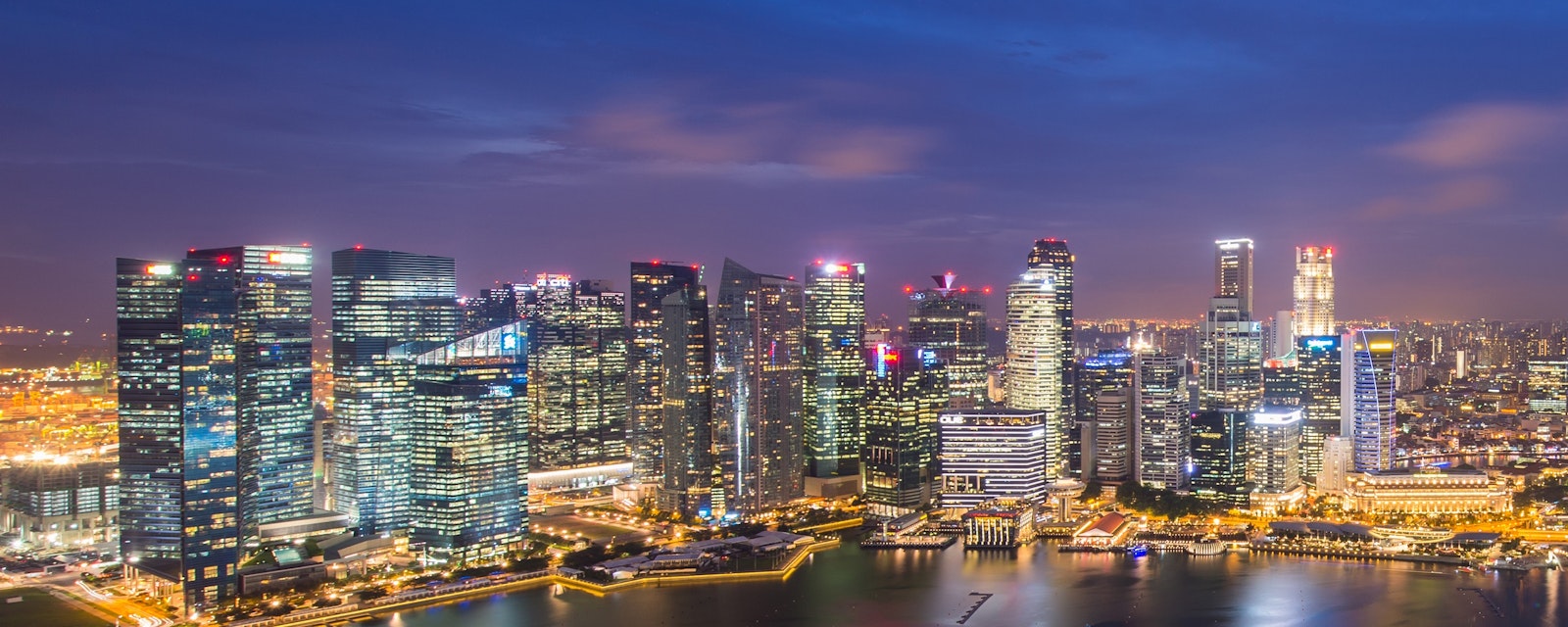When asking our CEO community, “what keeps them up at night,” amongst their list they focus on;
- Reputation, stemming from changing community expectations, geopolitical risk and cyber risk;
- People. Creating and cultivating the right culture by hiring, developing, and surrounding yourself with the right people, whilst considering how best to retain talent and providing the necessary applications and tools to improve and develop skillsets to match an ever changing and dynamic landscape.
- Building operational efficiencies within their organisations, to be able to respond to changing market conditions and/or the advancement in technologies, and/or managing and maintaining supply chains through global disruptions.
Our inaugural roundtable session was designed to bring the business community together and drive a discussion on how the current geopolitical climate—between US & China—and the current COVID-19 complexities have impacted talent in the region; and share learnings and topics we are seeing trend.
At this first virtual session in Asia for 2022, Anne Whitlam spoke about her journey of building her executive talent business, the natural fit with Teneo’s client centric services and how it made sense to combine intelligence and skills, bringing a combined global offering of multi-disciplinary skills to clients and CEOs in APAC.
Paul T. Haenle shared that in the past, it used to be simple to run a business: CEOs could hire good people, understand the operations of his or her company, take care of the company’s customers and be successful, “but in this day and age, if a CEO doesn’t understand geopolitics, it’s not possible to be successful.”
CEOs must be able to manage the range of threats including the escalation of international and internal political tensions that will impact a company’s operational performance and culture. It is anticipated that COVID-19, along with other unforeseen global issues, will cause this trend to continue—if not deepen—within the next one to two decades, with competition for global influence across political, economic, trade, technology, military, security, and even ideological domains. All of this is affecting how global companies operate, highlighting the importance—or as basic requirement—to have contingency plans for managing and protecting supply chains, and then to have contingency plans for those contingency plans: Plan A, Plan B, Plan C...
COVID-19 has created a lot of upheaval, both socially and economically, across APAC. We have seen businesses being forced to close, others struggling to maintain operations, let alone keep works safe. The pandemic has changed the fabric of how we work. CEOs are constantly having to look and relook at circumstances, making decisions and revisiting those decisions again as situations keep evolving. Everyday business relations are becoming challenging in a bid to effectively communicate, which increases the risk for misunderstanding, confusion, and suspicion across global teams.
Simultaneously, there is an increasing demand for businesses and CEOs to manage corporate reputation and social responsibility at the same level of financial performance. It requires them to focus on agility and adaptability on how best to run a business successfully during the pandemic. Businesses are having to respond, and learning to operate under greater scrutiny, not only from their respective boards and shareholders, but also from the authorities, their peers, the media, and their employees. We are moving from a shareholder to a stakeholder mentality. There is a growing demand for accountability—for businesses and CEOs to drive positive environmental, social, and corporate change, and go beyond commitment. They need to demonstrate their commitments are delivering and having an impact.
And when operating in APAC, businesses and CEOs are going to require a well-developed understanding of their local market policies and its regulatory environment, at a granular level. But it is going to differ from country to country. We need to accept that conversations and the general landscape are not homogenous.
This poses an opportunity for us to reconsider how we are looking at talent in the region.
Senior and leadership talent—within the disciplines of Corporate and Public Affairs, Communications, Government and Policy, Marketing, and Investor Relations—are going to play important roles in helping guide their CEOs. Many of them have their finger on the pulse on global conversations and how that is trickling down into the region and affecting their markets, if at all. These roles are so important in helping leaders develop their country EQ/IQ to better navigate their business. It is no longer reactive and tactical, or simply just running GTM campaigns in countries. These skills are bringing more to the table with the ability to mitigate risk and even enable market accessibility.
Consider them the “Chief Sense-Maker". These external facing leaders are experts in synthesising data, news across the internal and external environments, and using their judgment to feed into CEOs and their boards to enable sound decision-making.
Where reputation—both corporate and social—and issues around DEI, ESG are not just spoken about but are being acted upon, delivered and having an impact in the region, in-market talent will be instrumental in helping move businesses forward.
We have an opportunity to consider a different DNA for talent in the region. Not only from a geographical point of view, but even how to understand and navigate the cultural range within APAC, making it an inherently complex region. It is global, it is local and everything in between, and everything that is interlinked to some degree. The interdependencies within APAC, their relationships to each other and with both US and China cannot be ignored.





